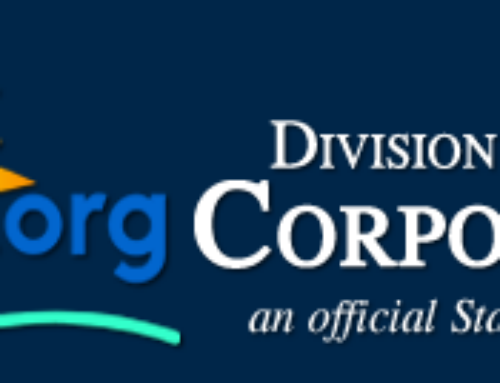IRS: Beware of fake charities; check before donating
Source: IRS.gov, IR-2023-196, Oct. 23, 2023
WASHINGTON —With the tragic crises and natural disasters happening around the globe, many are responding to the call to give what they can to help. The Internal Revenue Service today warned taxpayers to be wary of criminals soliciting donations and falsely posing as legitimate charities. When fake charities scam unsuspecting donors, the proceeds don’t go to those who need the help and those contributing to these fake charities can’t deduct their donations on their tax return.
“We all want to help innocent victims and their families,” said IRS Commissioner Danny Werfel. “Knowing we’re trying to aid those who are suffering, criminals crawl out of the woodwork to prey on those most vulnerable – people who simply want to help. Especially during these challenging times, don’t feel pressured to immediately give to a charity you’ve never heard of. Check out the charity first and confirm it is authentic.”
Those who wish to make donations should use the Tax-Exempt Organization Search (TEOS) tool on IRS.gov to help find or verify qualified, legitimate charities.
With the TEOS, people can:
- Verify the legitimacy of a charity
- Check its eligibility to receive tax-deductible charitable contributions
- Search for information about an organization’s tax-exempt status and filings
In addition, the IRS urges anyone encountering a fake or suspicious charity to see the FBI’s resources on Charity and Disaster Fraud.
Fake charities
Criminals commonly set up bogus charities to take advantage of the public’s generosity during international crises or natural disasters. Typically, they seek money and personal information, which can be used to further exploit victims through identity theft.
Fake charity promoters may use emails, fake websites, or alter or “spoof” their caller ID to make it look like a real charity is calling to solicit donations. Criminals often target seniors and groups with limited English proficiency.
Here are some tips to protect against fake charity scams:
- Verify first. Scammers frequently use names that sound like well-known charities to confuse people. Potential donors should ask the fundraiser for the charity’s exact name, website and mailing address so they can independently confirm the information. Use TEOS to verify if an organization is a legitimate tax-exempt charity.
- Don’t give in to pressure. Scammers often pressure people into making an immediate payment. In contrast, legitimate charities are happy to get a donation at any time. Donors should not feel rushed.
- Don’t give more than needed. Scammers are on the hunt for both money and personal information. Taxpayers should treat personal information like cash and not hand it out to just anyone.
- Be wary about how a donation is requested. Never work with charities that ask for donations by giving numbers from a gift card or by wiring money. That’s a scam. It’s safest to pay by credit card or check — and only after verifying the charity is real.
Taxpayers who give money or goods to a charity can claim a deduction if they itemize deductions, but these donations only count if they go to a qualified tax-exempt organization recognized by the IRS.



